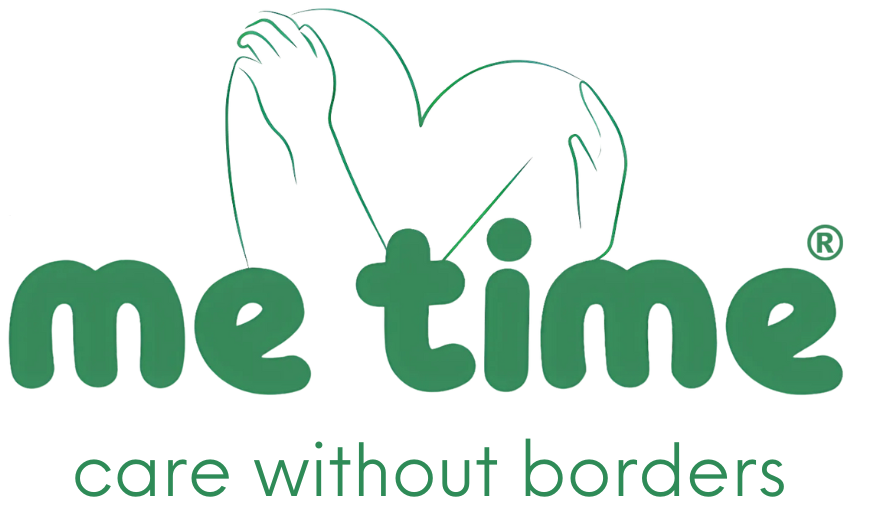Exclusive Offer: Enjoy Free CARA for All Users
Arousha Toufigh, Clinical Psychologist
|
November 22, 2022
The Business Case for Mental Health: Enhancing Productivity and Engagement through Supportive Practices

The Business Case for Mental Health: Enhancing Productivity and Engagement through Supportive Practices
Ever thought about how mental health affects your bottom line? It's more significant than you might realize. A mentally healthy workplace isn't just good for employees—it's a game-changer for business productivity and engagement. Let's explore how prioritizing mental health can benefit your organization and uncover some supportive practices to make it happen.
Why Mental Health Matters in the Workplace
First things first, let's talk numbers. According to the World Health Organization, depression and anxiety cost the global economy an estimated $1 trillion per year in lost productivity. That's a staggering figure! But beyond the numbers, there's a human aspect. When employees struggle with mental health issues, their performance, engagement, and overall well-being take a hit.
The Link Between Mental Health and Productivity Reduced Absenteeism:
Employees facing mental health challenges are more likely to take time off. This absenteeism can disrupt workflows and burden other team members. Supporting mental health can reduce these absences and maintain productivity.
Increased Presenteeism:
Ever been at work but felt mentally checked out? That's presenteeism, and it's a silent productivity killer. Employees may be physically present but not fully functioning. Addressing mental health can enhance focus and efficiency.
Enhanced Creativity and Problem-Solving:
Mental well-being is closely tied to cognitive function. When employees feel supported, their creativity and problem-solving skills flourish, driving innovation and better decision-making.
Improved Team Dynamics:
Mental health issues can strain relationships and communication within teams. A supportive environment fosters better collaboration, leading to more cohesive and effective teams.
The Business Case for Mental Health
Investing in mental health isn't just a feel-good initiative—it's a strategic business decision. Here’s why:
Cost Savings:
Reducing absenteeism and presenteeism can save significant costs. Additionally, supporting mental health can lower healthcare expenses by preventing stress-related conditions.
Higher Retention Rates:
Employees are more likely to stay with a company that values their well-being. This reduces turnover rates, saving on recruitment and training costs.
Enhanced Reputation:
Companies known for their supportive practices attract top talent. A reputation for valuing mental health can be a key differentiator in the competitive job market.
Boosted Employee Engagement:
When employees feel cared for, their engagement levels rise. Engaged employees are more committed, productive, and motivated to contribute to the company's success.
Supportive Practices to Enhance Mental Health
So, how can you create a mentally healthy workplace? Here are some practical strategies:
Implement Employee Assistance Programs (EAPs):
EAPs provide confidential support for employees dealing with personal or work-related issues. Offering access to counseling and mental health resources can make a huge difference.
Promote Work-Life Balance:
Encourage employees to take breaks, use their vacation days, and set boundaries between work and personal life. Flexible work arrangements can also help balance responsibilities.
Foster an Open Culture:
Create an environment where employees feel comfortable discussing mental health without stigma. Training managers to recognize signs of mental health issues and respond empathetically is crucial.
Provide Mental Health Training:
Educate employees about mental health through workshops and seminars. Knowledge empowers them to support themselves and their colleagues better.
Offer Mindfulness and Stress-Reduction Programs:
Activities like yoga, meditation, and mindfulness sessions can help employees manage stress and improve their mental well-being.
Ensure Adequate Health Coverage:
Make sure your health insurance plans include comprehensive mental health services. Access to therapy, counseling, and comprehensive resources is essential.
Real-Life Success Stories
Several companies have successfully integrated mental health initiatives with remarkable results. For instance, Google offers mindfulness courses and mental health resources, fostering a supportive culture. Meanwhile, Johnson & Johnson's "Energy for Performance" program helps employees manage stress and maintain high energy levels.
FAQs
Q: How can small businesses support mental health without significant costs? A: Small businesses can offer flexible work hours, create a supportive environment, and provide access to online mental health resources and training sessions.
Q: What are the signs that an employee might be struggling with mental health? A: Signs include changes in behavior, decreased productivity, frequent absences, and withdrawal from social interactions. Training managers to recognize these signs is crucial.
Q: How can I encourage employees to take advantage of mental health resources? A: Promote resources regularly, ensure confidentiality, and lead by example. Managers openly discussing and using these resources can encourage others to follow suit.
Investing in mental health isn't just the right thing to do—it's a smart business move. By implementing supportive practices, you can enhance productivity, boost employee engagement, and create a thriving workplace culture. Remember, a mentally healthy workforce is a productive one.

Need support on your wellness journey?
You don't have to wait to talk to someone. Our licensed providers have availability every week, making it easy to start when you're ready.


Need support on your wellness journey?
Whether you're navigating something difficult or simply looking to improve your well-being, our licensed providers are here to help.
You don't have to wait to talk to someone. Our licensed providers have availability every week, making it easy to start when you're ready.



